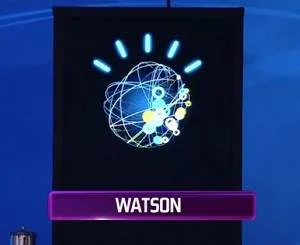After taking on Jeopardy champion Ken Jennings, IBM supercomputer Watson’s ability to defeat cardiologists in a recent demonstration may not seem too astounding, but it is symbolic.
It’s symbolic because Watson’s most immediate next venture, and perhaps its first one with truly significant implications, is in the healthcare industry.

During a media event at the Cleveland Clinic, Watson easily took down its two competitors – each of which was a team of esteemed doctors at the renowned hospital, as opposed to individual contestants – in the classic trivia game. Watson’s final score was nearly double that of the closest team.
The thought of a computer completely replacing human diagnosis and decision making is decades away, perhaps something that no one can even envision.
But the idea of a powerful resource like Watson to offer a highly valuable opinion is potentially a truly coveted asset, and something that researchers have been trying to develop seemingly forever.
The healthcare industry has certainly been revolutionized by computer innovation, but much of the grunt work remains a very human process. And humans are always subject to error. Watson’s goal is to take all of that insight that only humans can offer, and combine it with perfected factual information.
Watson has been fed literal tons of medical journals, text books, case studies, and other resources to give it arguably the most extensive medical knowledge of any system in the world.
Earlier this year, we attended a Watson presentation in New York where IBM VP of Demand Programs Jim Gargan talked about the complexities of using that information in a Watson-style algorithm.
“If you think of a Jeopardy board, you know how there are the different columns of questions?” Gargan analogized, computing a medical diagnosis “would be like having 50,000 columns.”
As for how the progress in this field is going, Gargan said he expects real-life implementation of it “soon.”






